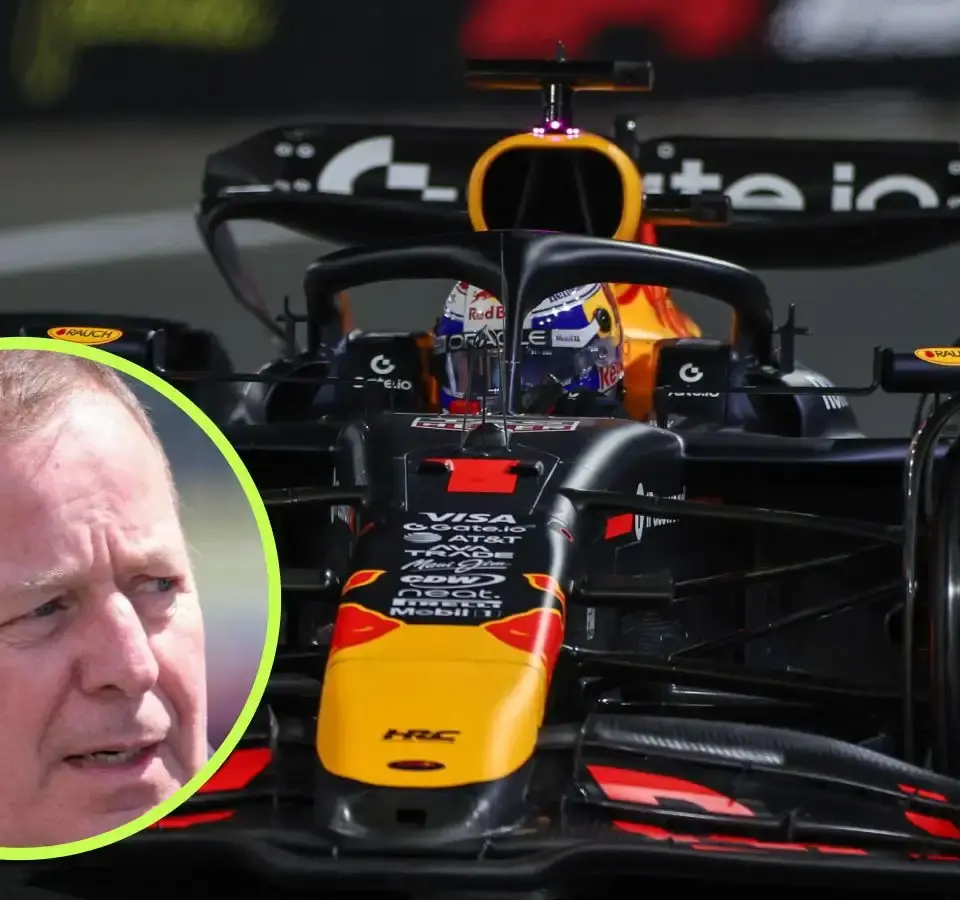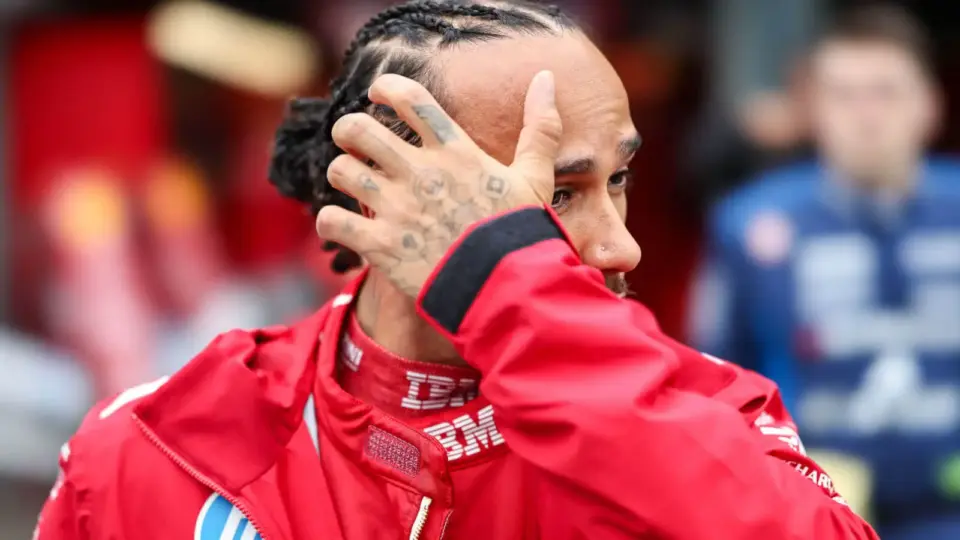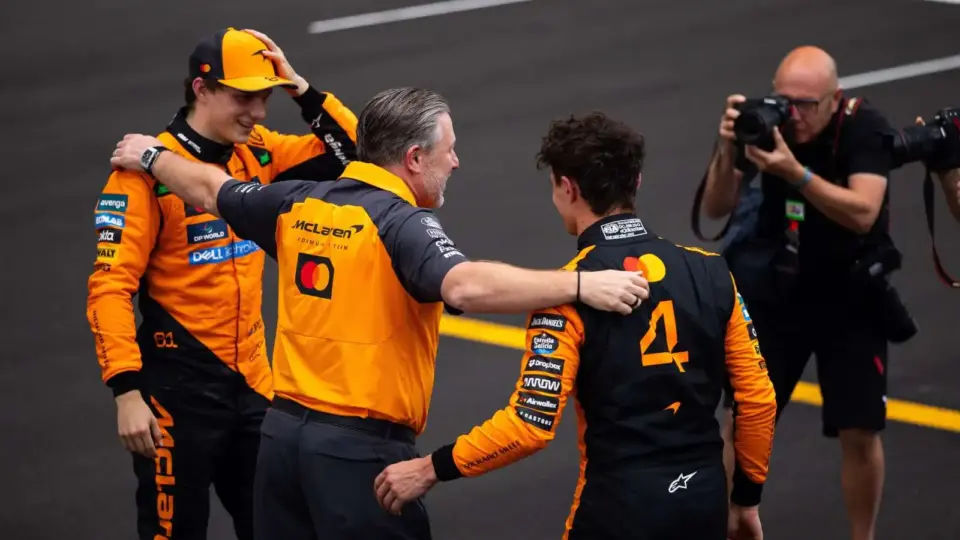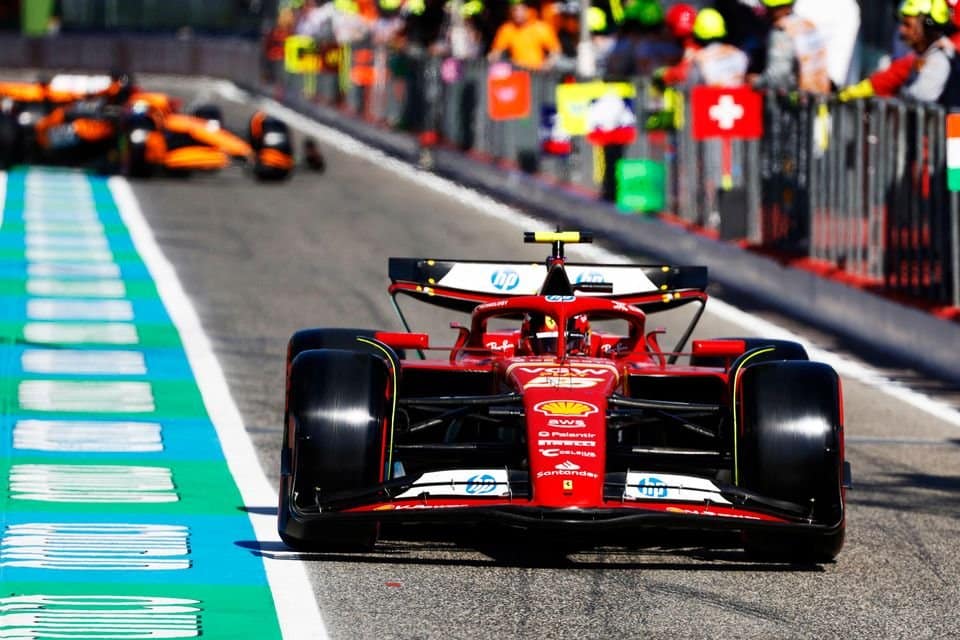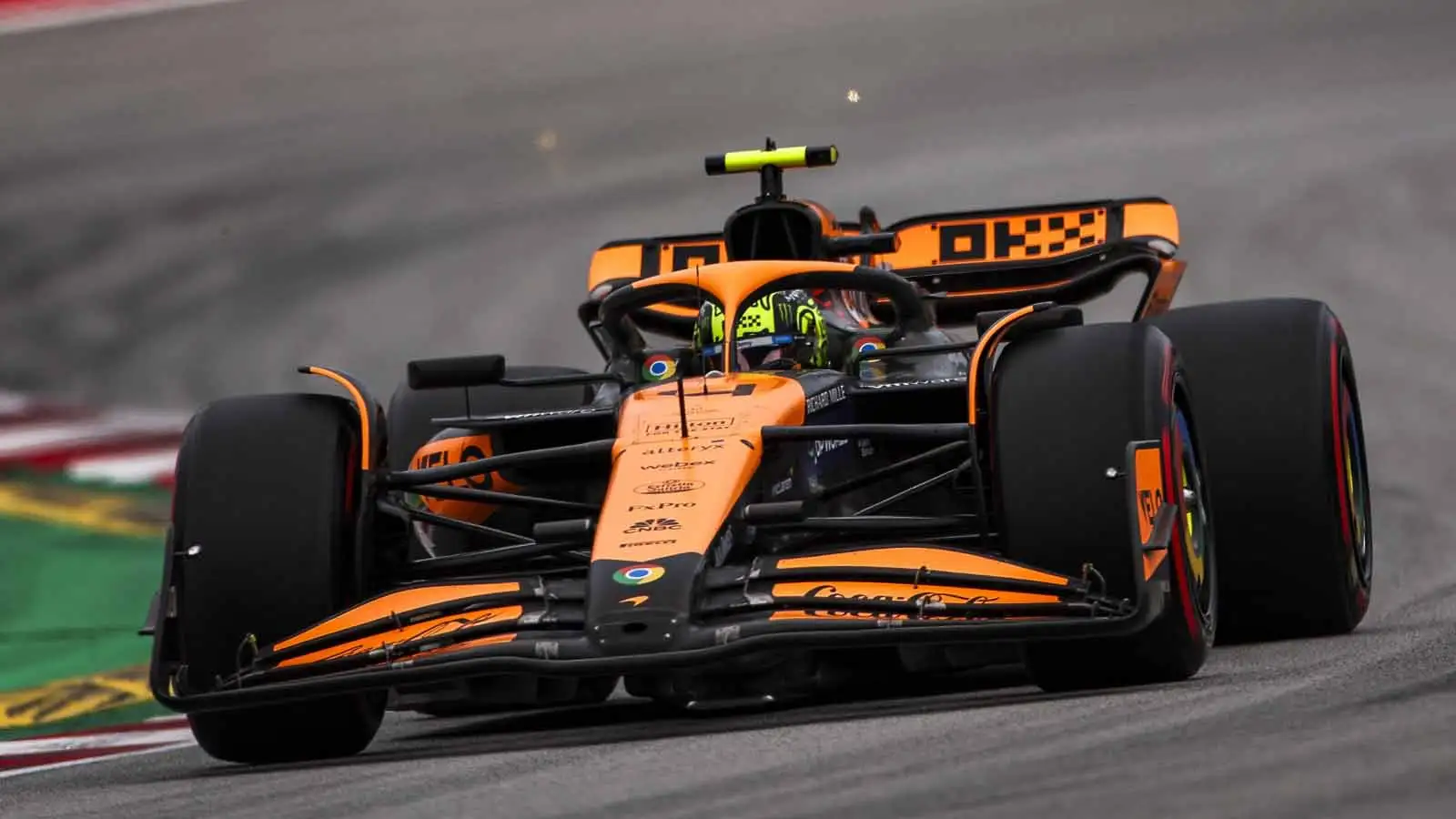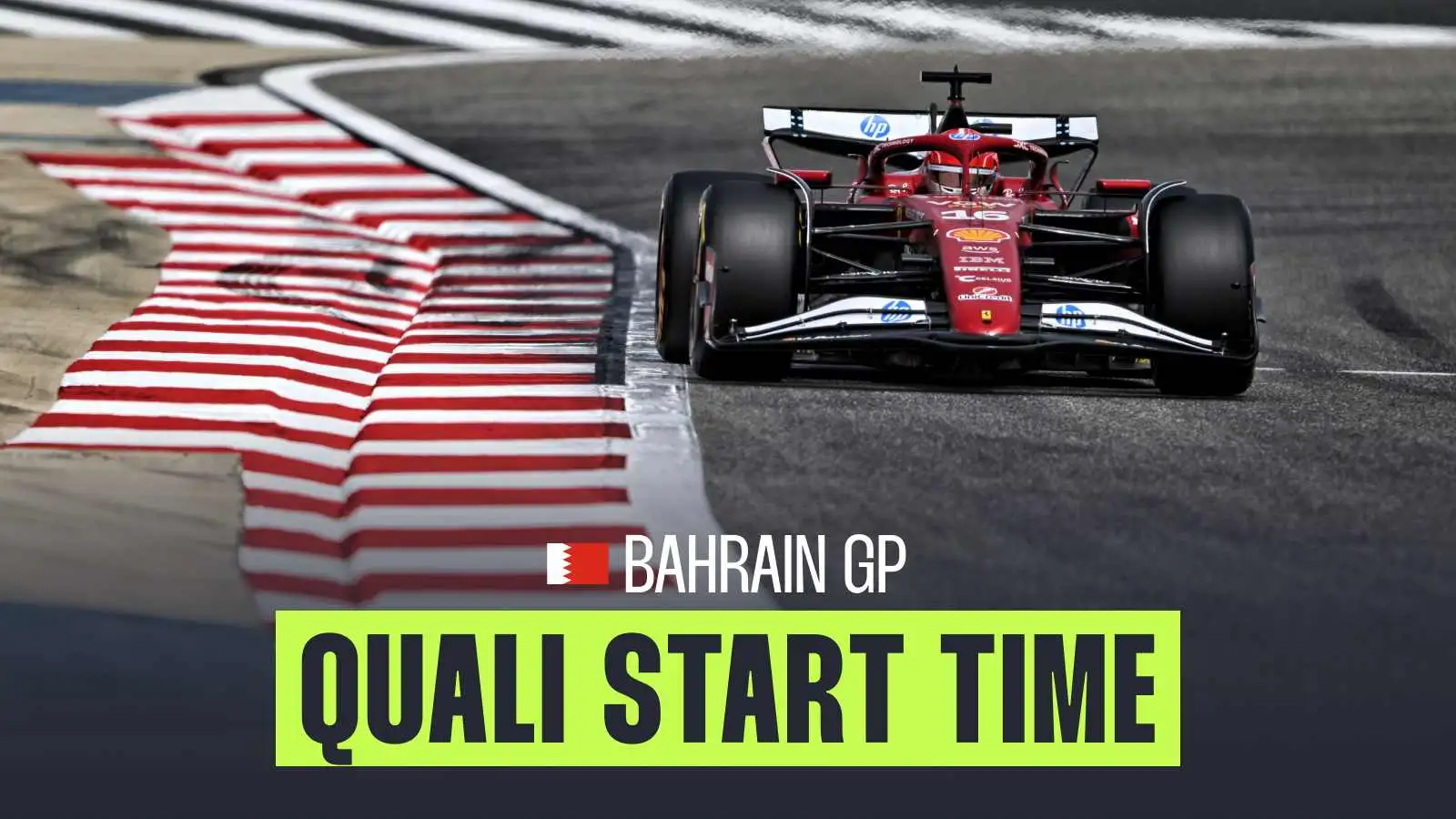Red Bull Racing, often supremely confident, faced an unexpected hiccup at the Saudi Arabian Grand Prix.
- Max Verstappen was penalized after a first-corner altercation with McLaren’s Oscar Piastri.
- The penalty resulted in Verstappen finishing second, just behind race winner Piastri.
- Brundle remarked on Verstappen’s attempt to outsmart regulations, ultimately backfiring.
- The incident highlights the importance of strategy and understanding in high-stakes racing.
In the high-octane world of Formula 1, Red Bull Racing is typically seen as a team confident in its strategies and decisions, but the Saudi Arabian Grand Prix presented a challenge to this perception. Max Verstappen, known for his acumen on the track, was involved in an early-race incident that tested the team’s mettle. As the race commenced, Verstappen and Piastri, the polesitter, lunged towards the first corner, each jockeying for an advantageous position. Piastri held the inside line while Verstappen, taking the outside route, cut a chicane and briefly led the race. However, he did not yield the position, prompting the stewards to impose a five-second penalty.
This penalty, although reduced from a potential ten seconds due to the race’s opening lap circumstances, was enough to prevent Verstappen from clinching a victory. He trailed Piastri by a mere 2.8 seconds at the finish line. Red Bull’s principal, Christian Horner, and Verstappen both expressed discontent, believing the penalty was not warranted and that Verstappen had earned the turn.
Veteran F1 analyst Martin Brundle, in his column, weighed in on the incident by highlighting Verstappen’s rare misjudgment. Brundle noted that while Verstappen is adept at navigating the rules to his advantage, this time his gamble did not pay off. The decision to hold his position after cutting the chicane was seen by the stewards as gaining an unfair advantage. Brundle stated that had there been physical barriers, Verstappen might have reconsidered his approach.
Despite Red Bull’s frustration, Brundle’s analysis pointed to the incident as a lesson in racing strategy and the importance of factoring in possible outcomes. Brundle mentioned that had Verstappen given up the spot earlier, he could have potentially maintained better control over the race dynamics, including managing his car’s performance more effectively during the subsequent laps.
In Formula 1, where split-second decisions can change the course of a race, the incident at the Saudi Arabian Grand Prix serves as a reminder of the delicate balance between strategy, regulations, and the execution of in-the-moment decisions.
Brundle’s comments serve as a reminder of the need for adaptability in the face of rapid decision-making in F1 racing.
